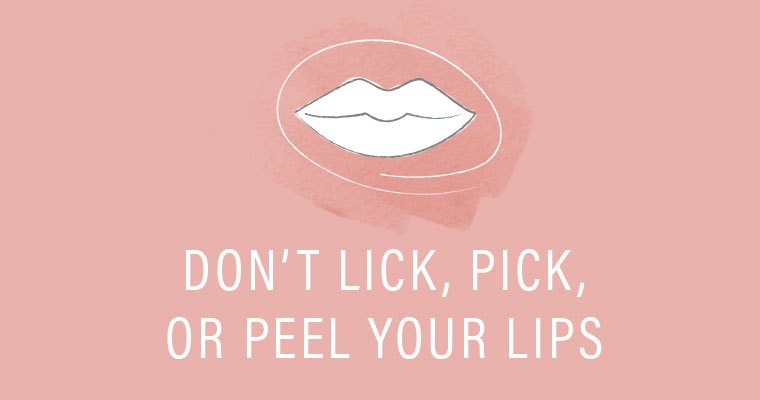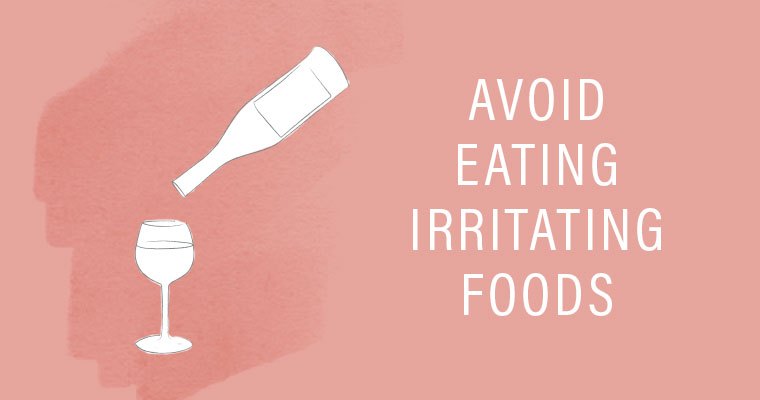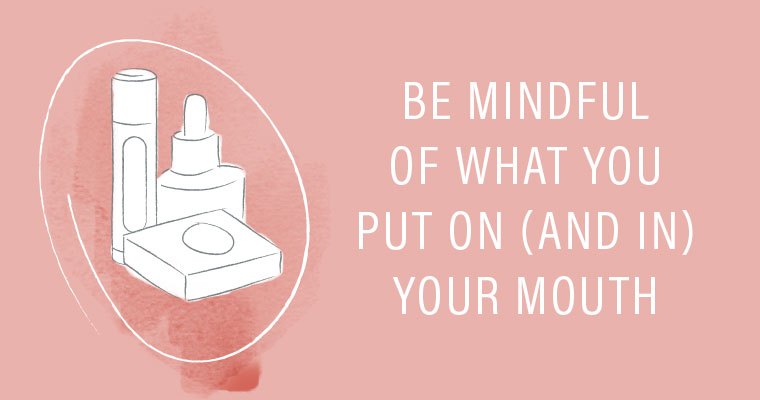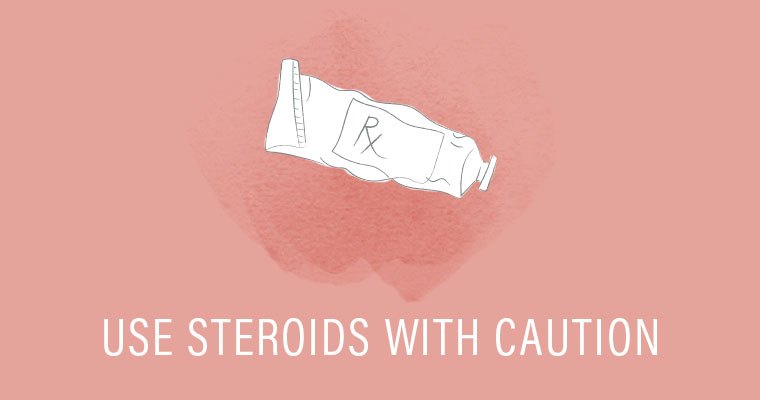6 Tips on How to Get Rid of Chapped Lips
When your lips are happy, you don’t think much about them. I personally didn’t put a lot of thought into my own—aside from applying the occasional lipstick or balm—until I noticed something strange happening to them on my way back from a vacation.
I’d spent time in the Jamaican countryside with friends eating ripe, gorgeous mangoes right off a tree in their backyard. I’d peeled them with my teeth and enjoyed every drippy, succulent bite at the time. But mid-flight home, my lips started burning and itching, and before too long I developed tiny blisters around the borders. Not the ideal post-vacation scenario—especially since in my daily life I'm an MD with a natural skin-care brand.
The most prevalent lip conditions all have a few things in common: inflammation, water loss, and impaired capacity to heal due to injured skin.
Turns out that unwashed mango skin has urushiol on it—the same chemical in poison oak and ivy that causes skin reactions. Essentially, I had the equivalent of poison ivy on my lips. First they blistered, and then they peeled and bled for weeks. And then I developed an allergy to ricinoleic acid—a component of castor oil, which is in basically every lip product out there.
As an emergency room physician, I’d helped countless people in moments of crisis, but I felt helpless when it came to healing myself. I was utterly miserable, and thought I was going to lose my mind trying to figure out a solution (which eventually I did by creating a castor oil-free lip balm with no essential oils). What I discovered in the process of healing my own lips, however, is that the most prevalent lip conditions—redness, soreness, peeling, cracking—all have a few things in common: inflammation, water loss, and impaired capacity to heal due to injured skin.
While the causes vary—and treatment may need to be tailored to each condition, depending on its severity—there are a few basic rules to follow when you need a quick, chapped-lip fix.

{{post.sponsorText}}
Scroll down for 6 skin-saving tips that go beyond just lip service.
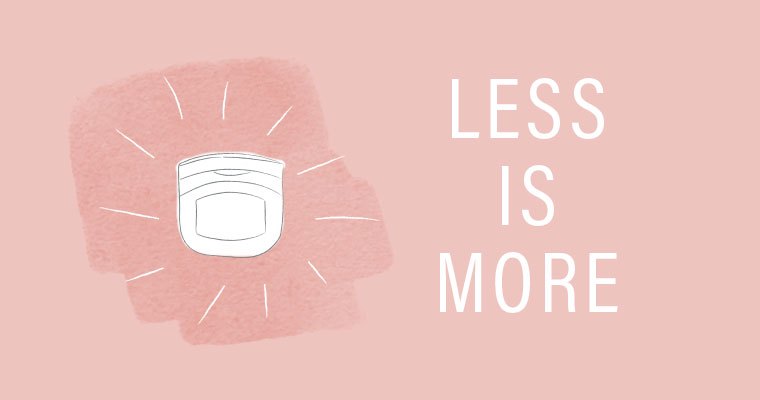
1. Pick products with fewer ingredients
If you’re in severe distress, pure white petroleum jelly may be your best option until things start to improve. And remember that even natural ingredients, like castor oil or essential oils, can irritate your lips—don’t assume that because it’s organic, it’s not the cause of your condition.
2. Leave your lips alone
Fight the urge to fidget with your mouth while it's irritated, as doing so will only exacerbate the issue. And when you apply product, make sure it's done with clean fingers—introducing extra bacteria to your lips may cause a secondary infection.
3. Watch what you eat
Acidic, salty, or very hot foods (either spice or temperature)—like orange juice, red wine, salad dressing, salsa, and chips—may irritate the lips further in their compromised state.
4. Talk to your doc
If your issue falls outside the bounds of everyday irritation, opt for a professional opinion. And if you believe you have an allergy, see an allergist ASAP for patch testing of the skin.
5. Be a purist with your products
Remember that your lips, with their thin skin, absorb lots of what you put on them. In addition, they’re the entrance to your mouth, so when you lick your lips, you’re absorbing the products by ingestion. Look for products without fragrance, parabens, synthetic colors, and chemical sunscreens to start. You may need to become even more of a purist to pinpoint your trouble.
6. Pay attention to your prescriptions
Dermatologists prescribe steroids readily, but they can cause trouble in the end if you’re not careful. They’re also the leading cause of perioral dermatitis (skin irritation around the mouth, nose, and chin), so you may trade one problem for another.
Most importantly, when you’re dealing with problem lips, remember to stay patient, keep things minimal, and be consistent, and you’ll find a way to help them heal themselves.
 Sarah Villafranco, MD, is a physician with a serious passion for plants and founder of the natural skin-care company Osmia Organics.
Sarah Villafranco, MD, is a physician with a serious passion for plants and founder of the natural skin-care company Osmia Organics.
Now that your pout is no longer giving you problems, here are five universally flattering natural lipsticks to try—and the affordable lip balm swap you need to make now.
Loading More Posts...
